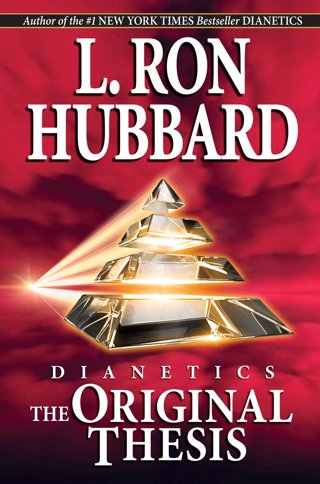Not known Incorrect Statements About Dianetics
Not known Incorrect Statements About Dianetics
Blog Article
The Ultimate Guide To Dianetics
Table of ContentsAll About Dianetics8 Simple Techniques For DianeticsExcitement About DianeticsHow Dianetics can Save You Time, Stress, and Money.
I could not ever not intend to receive anything that comes to mind for you- if it was or else, I wouldn't be sitting right here with you, doing this. I not just might never ever have a trouble, or otherwise desire to hear something that comes to mind for you, yet I'm completely anxious to know every idea, every idea, every photo or sensation that emerges or materializes for you- don't ever believe or else, and if for one reason or another you do, please just allow me know! Often, you may have a thought, and photo, concept or event pop up that does not seem to respond to the question, or associate to it, but however, constantly do tell me regarding it, and as we proceed, the relevance will emerge for you.This is inherent in the basis of processing, and the subject of this discussion: the basic functions of the counselor and the customer: The basic function of the therapist is, in contrast to "common training", not to regulate, which suggests to implement and/or prevent, but to rather function from the basis of EMPOWERING THE CLIENT.

What Does Dianetics Do?
John Mcmasters shared this basic truth incredibly well in among his lectures on Power handling, where he describes how he was asked what this "unique knack" was that he had for providing such excellent sessions; he needed to think about that for a moment, and spotted that it was what he had not been doing, in addition to what he was doing: he had not been examining, evaluating, computer, or in fact, generating any kind of thoughts, let alone verbal expressions, after providing the command and while waiting on the computer to finish their solution to their complete satisfaction; he was, merely and just, existing with the computer, and entirely interested.
The duty of the therapist, showed; that was his "special propensity". I have actually had my very own experience which educated me this well, very early in the video game. In 1982, having just recently completed my training and internship on New Period Dianetics, I was running this on a PC, and there was a point in the session where (being a little bit damp behind the ears not yet having numerous hours under my belt as a professional auditor) the computer seemed to be "taking too lengthy" to express anything vocally after I gave him a command.
This secret ended up being one of the most beneficial contribution that John ever made to the subject of treatment or bookkeeping (Dianetics). In my simple opinion, it is the best payment that anybody has ever made to these subjectsthe application is entirely non-judgemental, non-evaluative, and lacking any pointer, suggestions or opinion.no preconditioned agenda for individuals, or 'degrees' that they should do
In Idenics, the only resource of details about a client is the individual customer. In Scientology we prided ourselves on not examining for individuals. Visit Your URL All that actually meant was that the auditor did not Vocally assess for the Computer in session. The registrars and principles policemans assessed for visite site the computer.
The Ultimate Guide To Dianetics

Any person who had actually ever seen John audit might not help however notice a special quality in his auditing."The client's standard function is to be there with the objective of moving in the instructions of their spiritual goals, and to easily and fully reveal and experience whatever manifests for them in responding to the questions and implementing the directions in the processing.
This is something to procedure as needed. But additionally, individuals often have previous experience and/or indoctrination in auditing/processing which, in some methods, and to some extent, really misdirects them into perspectives, concepts and actions patterns that protect against the full realization of these functions, therefore they will have a tendency to hinder the expressing of what comes to mind, as in the examples given over. * The initial, and possibly leading instances of mis-indoctrination causing less than entirely smooth and efficient sessions, can be discovered in particular facets of the training routines, or "TR's":"TR's" are frequently an individual's initial, or at the very least early, experience in Scientology, and while I will certainly go on to explain what I view as the flaws in idea and technique, nevertheless, have a tendency to be greatly healing, done as they are offered (Hubbard firmly insists that "TR's are not refining, they why not try these out are educating", but factually, they are both processing AND training)
Alan Walter made comparable monitorings, and enhanced these with his "Visibility Processes". There is no "failing", and no denial of the fact of this being processing. The emphasis, as it must be, is on experiencing the other individual's visibility. All the symptoms which get a "fail" in doing "TR-0" are just the being's initiatives to withstand the other individual's existence, and rather than being harassed and nagged with "Flunk", which enforces "failure!" on the being, one merely requires to be motivated to "stick their feet in the water a little deeper", to progressively restore their ability and determination to fully share and experience "being here", or "presence", with others.
6 Simple Techniques For Dianetics

Report this page